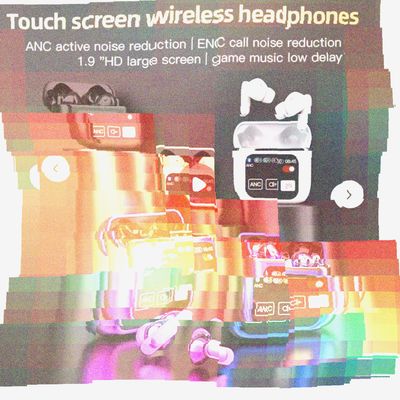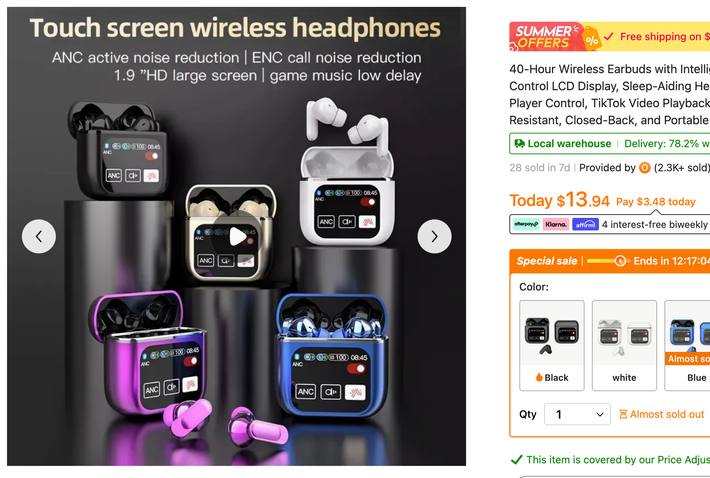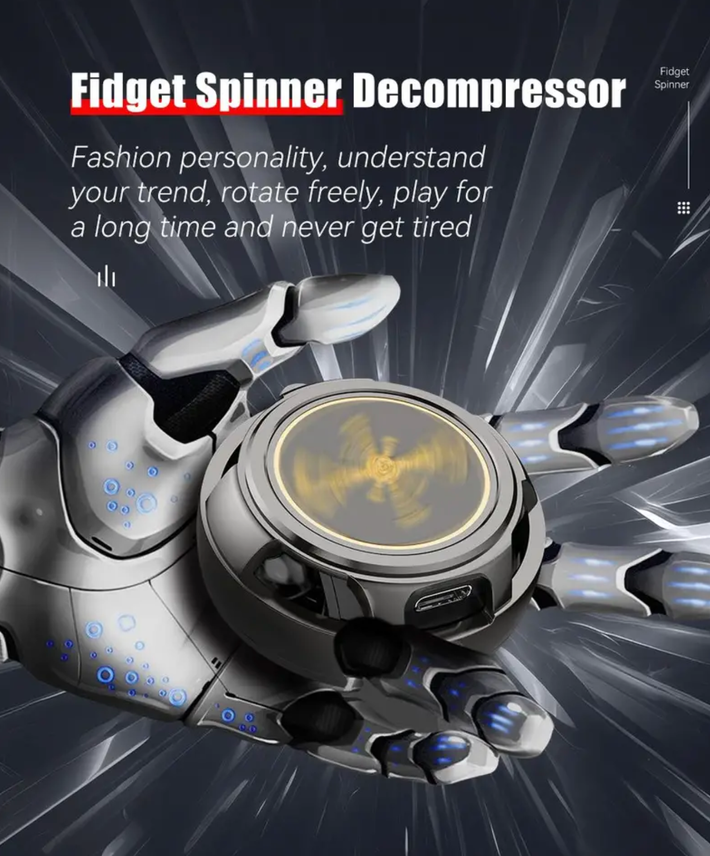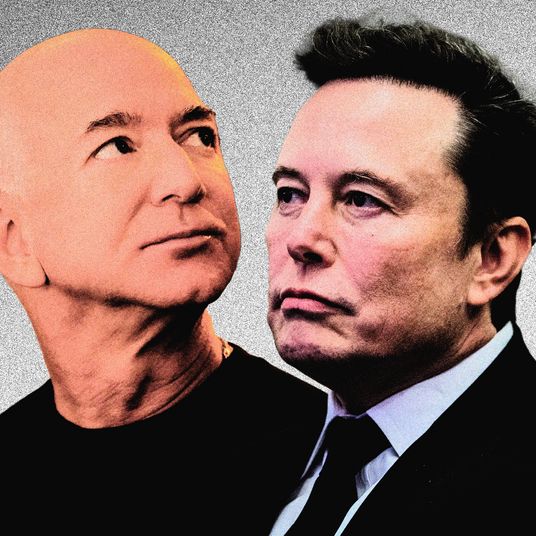
Remember Juul? The company’s tiny electronic pens helped popularize nicotine vaping in the United States, leaving a trail of millions of discarded Juul pods across America’s high-school parking lots. It was sort of banned, then sort of un-banned, acquired and then dumped by Altria (f.k.a. Philip Morris), and sued a lot. In its diminished form, Juul still sells a lot of vapes, but, according to Louise Matsakis at Wired, teens and vaping adults are turning to newer, weirder, flashier, cheaper, and more disposable atomizer technologies:
Almost exclusively manufactured in China, the vapes are colorful and come in eye-catching metallic finishes, squishy silicone textures, and rounded shapes that fit comfortably in a person’s hand. But what really sets them apart are LCD screens, which make the devices even more harmful for the environment than normal disposable vapes. And like the vast majority of all e-cigarettes available in stores, they are technically illegal and haven’t been approved for sale by the US Food and Drug Administration.
Earlier versions of these new imported vapes, exemplified by Elf Bar, are beefier and more colorful than Juuls, and are usually single use, despite containing rechargeable lithium-ion batteries. Wired describes a new generation of mostly disposable vapes that, in addition to being extremely cheap and wildly potent, let vapers play games on tiny touchscreens and track their vape’s location on devices that cost as little as $5 apiece. The devices are a grotesque example of electronic waste, viral marketing, and the easily exploitable idiosyncrasies of cross-border commerce in 2024.
But they’re also an example of a bigger trend that’s been gaining momentum for years. If you’ve spent much time on the internet’s burgeoning discount-retail platforms — Temu, TikTok Shop, and Wish, to name a few — disposable vapes with screens and logic boards sound almost reasonable. On Temu, for example, some of the top-selling items in the electronics category are Bluetooth earbuds with touchscreens built in to the case with interfaces of extremely dubious value that can be used to control playback, show screensavers, or just fidget, some of which cost less than $10. There are $4 USB cables with built-in screens to tell you how fast you’re charging; $7 cigarette lighters covered in LED lights and displays; USB hubs that double as external displays; $65 dressers with touchscreens; $48 toasters with software interfaces; $16 rechargeable neck coolers with LED readouts; hundred-dollar motorcycle backpacks with two LCD screens; $18 school backpacks with voice-activated flashing displays.
Questionable touchscreen interfaces have been intruding in more expensive contexts for years — like refrigerators, cars, and various other appliances — where they tended to signify something premium, expensive, or new, albeit maybe unnecessary. Now, they’re creeping up from the very bottom of the marketplace, the extraneous screen becoming a signifier of cheapness.
If chemically addictive disposable computing devices are just an extreme example of the supercheap electronics trend, supercheap electronics are just an extreme example of the types of products sold by the millions by cross-border commerce platforms. (Absent from most of these platforms, however, are vapes, where they are banned for regulatory reasons — though persistent sellers sometimes label them as soldering irons.) Temu, which sells shockingly cheap products across dozens of categories, competes with Shein to sell borderline disposable clothing, as do sellers on TikTok. A (somewhat) functional AirPods knockoff with noise canceling and its own touch interface selling for $20 isn’t that much different from a $4 polyester shirt — they share some fundamental materials, and both probably exceed their sale value in negative externalities — but decades of mainstream fast fashion has acclimated consumers to the latter, while the former still feels novel, if not for long.
Discount electronics aren’t a new trend but have until now tended to focus on replicating established products at low prices. On Wish, in 2017, some of the best-selling items were barely functional iPad-like tablets and $8 smartwatches. Now, at the low end, screens, processors, and batteries aren’t much more expensive than the plastic they’re encased in, leading to a bizarre strain of novel product development, less imitative than creative, informed by a combination of platform marketability and a flexible and underutilized manufacturing base. Why not install Tetris on a vape? Let customers tap Like on a TikTok video from their earbud case? Or, if you’re a more recognizable electronics brand like Anker, why not give your portable battery — a product that exists to charge and be charged — a software interface?
Whether or not Temu and TikTok Shop can build sustainable businesses around supercheap electronics remains an open question — both products depend on the largesse of their much larger owners — but they’re hugely popular, and this popularity is threatening to the success of Amazon, which, despite or maybe because of its own growing dependence on a less direct form of cross-border commerce, clearly sees these sorts of products and the companies that sell them as worth mimicking. According to the Information:
Amazon plans to launch a section on its shopping site featuring cheap items that ship directly to overseas consumers from warehouses in China, according to slides shown to Chinese sellers, marking the e-commerce giant’s most aggressive response yet to the growth of bargain sites like Temu and Shein. The new marketplace will offer unbranded fashion, home goods and daily necessities, according to the slides, and orders will take 9 to 11 days to get to customers. Amazon told Chinese sellers in a recent closed-door meeting that it would start signing up merchants this summer and begin accepting inventory in the fall.
Amazon has been criticized for pushing low-quality products from unethical sellers for years, and some cross-border commerce platforms have suffered from the (correct!) perception that much of what they sell will end up in a landfill within a year and was manufactured by invisible workers laboring under poor conditions, enabled by bizarre trade loopholes without which $5 products shipped 8,000 miles to customers’ doors don’t make any sense. Temu may be synonymous with poor quality, and Wish may have been reduced to a punch line, but in some sense, their model is winning. Vape computers aren’t an aberration, in other words. They’re a glimpse into the near future of American commerce.

































